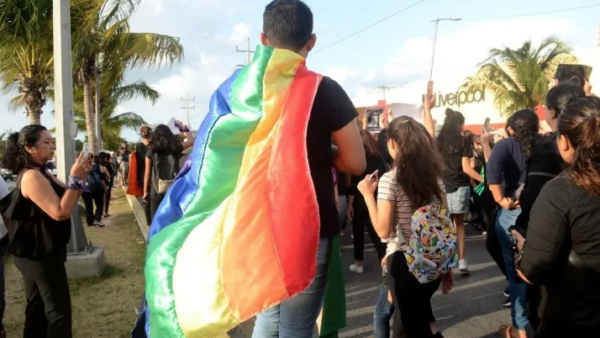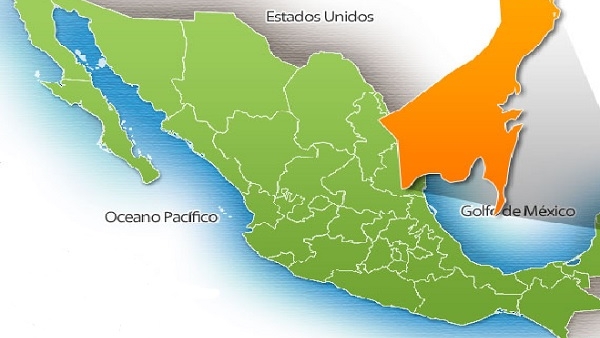Overview
Quintana Roo penalises perceived ‘exposure’ and actual transmission.
Article 113 states that whoever knows they are living with a serious and transmissible disease and who “endangers by any means the health of another” is subject to a penalty of six months to one year’s imprisonment, or a fine of ten to fifty days.
Prosecution can only proceed following individual complaint in the case of partners.
Article 100 states that the infliction of non-life threatening injuries which result in an incurable disease is punishable by a penalty of two to nine years’ imprisonment and a fine of thirty to 120 days. If the injuries are life-threatening, the penalties are increased by up to one half.
In Quintana Roo there have been moves to both further criminalise perceived ‘exposure’ and to repeal the provision already in place.
In 2017 there was a proposal by a deputy of the Democratic Revolution party to introduce a maximum penalty of twenty-five years’ imprisonment for those suspected of transmitting a disease to another. This has not been enacted.
On the other hand, civil society has discussed and agreed with the state legislature the prospect of repealing Article 113, but this has not yet been achieved.
In May 2022, the State Congress approved a new law which seeks to ensure comprehensive healthcare treatment for people living with HIV and other sexually transmitted infections, including by enshrining a minimum standard of care, and protecting against discrimination in the fulfilment of their rights. However, the law was criticised for using outdated and stigmatising language, and for requiring HIV testing for pregnant women and those going into surgery.
Laws
Código Penal para el Estado Libre y Soberano de Quintana Roo
Chapter V – Common Provisions for Homicide and Injury Crimes
Article 113
Anyone, knowing that he/she suffers from a serious and communicable disease, puts the health of another in danger of contagion by any means, shall be sentenced to six months to one year in prison or a fine of ten to fifty days. If the endangerment is violating a duty of care, the agent will only be made available to the health authorities for proper medical treatment. If the danger of contagion occurs between spouses or common-law partners or between people who form a couple derived from a de facto relationship, it will only proceed by complaint of the victim or the offended.
POE amended paragraph 07-04-2017 POE amended article 11-30-2010
Código Penal para el Estado Libre y Soberano de Quintana Roo
Chapter IV – Injuries
Article 100
Injuries that do not endanger life, whatever their duration, will be punished by:
(…)
III – Two to nine years in prison and fines of thirty to one hundred twenty days fine, if they cause the definitive loss of any organic function, member, organ or faculty, or cause a certain or probably incurable or incorrigible deformed disease, or disability for more than one permanent year of work. If several of the results provided for in this article occur, only the penalty corresponding to the most serious one will be applied. If the injuries referred to in that article are life-threatening, the corresponding penalties will be increased by up to one half.
Acknowledgements
Our thanks to la Red Mexicana de Organizaciones contra la criminalización del VIH for their research assistance to confirm current relevant legislation.

